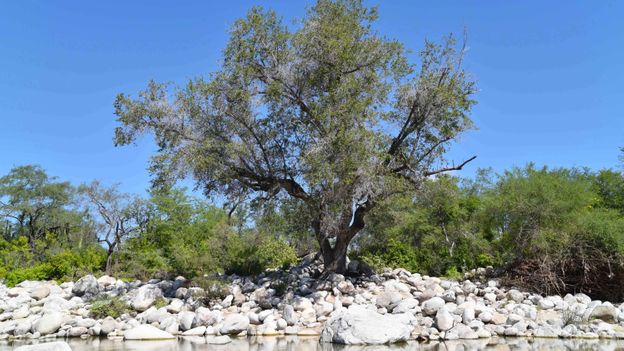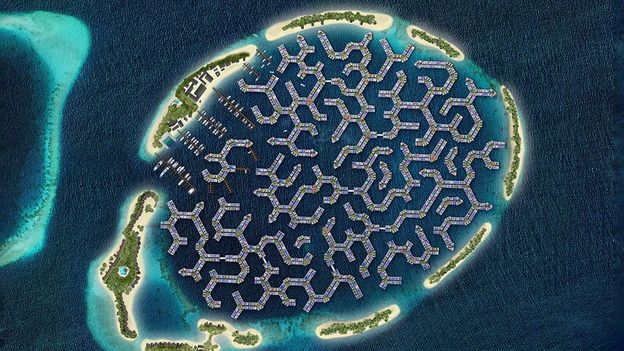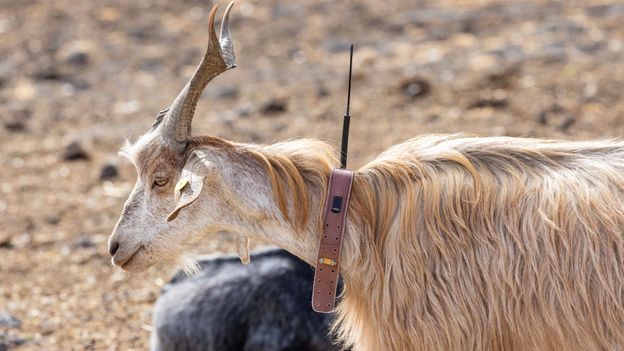When it comes to boosting shark numbers, conservationists are up against a formidable opponent: The fishing industry.
According to Nowicki and Selden, there has been a movement towards more sustainable fishing, but a large percentage of the industry have not modified their methods, which is a prime reason why many marine apex predators continue to decline. The varying stringency of animal protection laws between different nations also plays a part.
“Since many predatory fish are also wide-ranging, they can cover many nations’ jurisdictions, some of which may not protect them or practice sustainable fishing practices,” says Nowicki.
Reducing illegal and unsustainable fishing has been an uphill battle, though consumers are becoming more environmentally conscious and choosing sustainable fisheries over unsustainable.
“Sustainable, coordinated, ecosystem-based fisheries management is a major tool to conserve these predators and their ecological role. Everyday citizens can do this by getting informed, reading up on the science, demanding that fisheries become or remain sustainable, and making sustainable seafood purchases,” says Nowicki.
If you’re unsure which seafood is truly sustainable, the Marine Stewardship Council (MSC) assesses fisheries internationally, so if a distributor is certified sustainable, there will be a blue MSC seal on the package.
And aside from supporting sustainable fishing, Nowicki says the only way to truly protect marine life is to reduce our global greenhouse gas emissions. “Ultimately, if we are going to conserve our ecosystems in the centuries to come, we are going to need to solve climate change while undertaking species conservation at the same time.”
Even if shark populations are restored to more abundant numbers, their contribution to carbon sinking and mitigation will be just one small part in the effort to curb climate change. But sharks’ abundance has an undeniable ripple effect on the many marine ecosystems that rely on healthy, plentiful seagrass in one way or another. By leveling the ecological playing field, sharks are fortifying these ecosystems against the threat of climate change, so they can live to sink carbon another day.
—
The emissions from travel it took to report this story were 0kg CO2. The digital emissions from this story are an estimated 1.2g to 3.6g CO2 per page view. Find out more about how we calculated this figure here.
—
Join one million Future fans by liking us on Facebook, or follow us on Twitter or Instagram.
If you liked this story, sign up for the weekly bbc.com features newsletter, called “The Essential List”. A handpicked selection of stories from BBC Future, Culture, Worklife, Travel and Reel delivered to your inbox every Friday.












